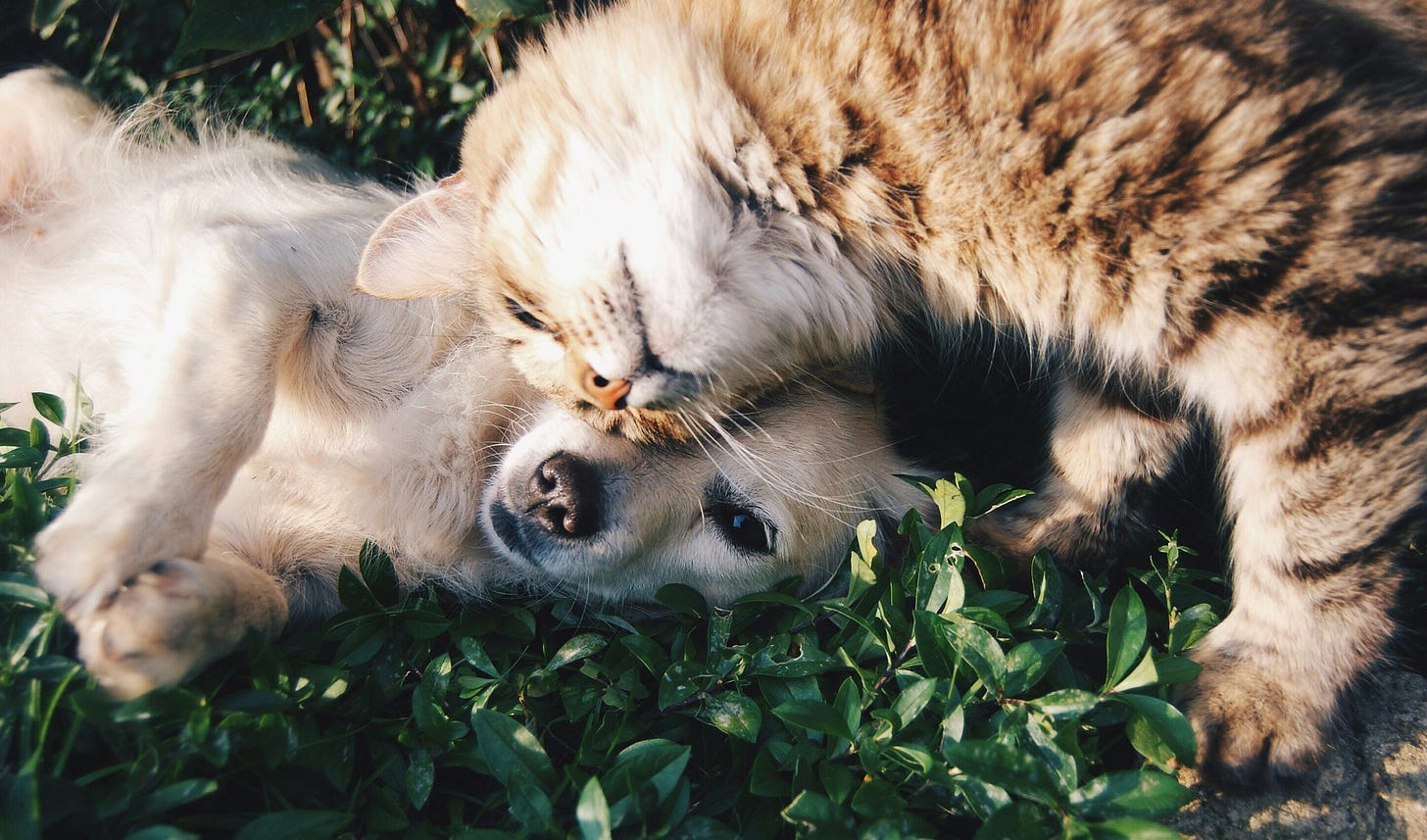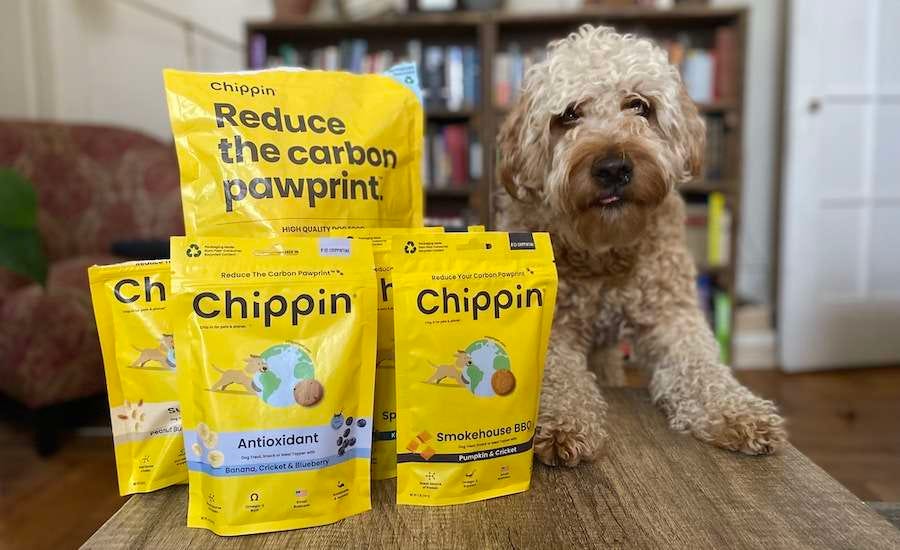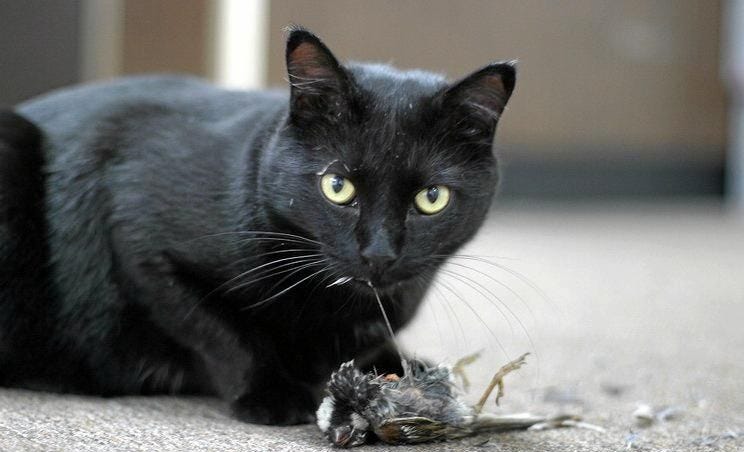3 Ways to Be A More Environmentally Friendly Pet Owner
Discover how small actions can make pet ownership more sustainable
As awareness of climate change increases, many of us are reassessing our daily habits. One often overlooked aspect is the environmental impact of our pets. Our beloved furry family members generate an estimated 310 kilograms of CO2e per average-sized cat and 770 kilograms of CO2e per average-sized dog1. Luckily, there are several ways to cut down on companion animals' environmental impact. This week, we will explore some of the ways to make pet ownership more sustainable.

Look for Environmentally Friendly Food
It is well-established that the foods we eat have a profound impact on the environment. Indeed, food production accounts for roughly 26 percent of the world’s greenhouse gas emissions2 with animal-based foods producing more than two times the greenhouse gas emissions of plant-based options3. Given that dog and cat food is predominantly meat-based, this means that Fluffy and Fidos’ meals add up to a substantial environmental footprint. In fact, one researcher found that if the 163 million dogs and cats in the United States formed their own country, they would rank as the fifth largest consumers of meat worldwide4.
While scientists are unsure whether companion animals can meet their nutritional needs on a plant-based diet, there are still ways to ensure your pet’s food is as environmentally conscious as possible. For example, chicken production generates fewer greenhouse gasses than beef5, as does sustainably sourced seafood6. Therefore, switching your pet’s food from beef to chicken or fish can help reduce their overall carbon footprint.
Some pet food brands, such as Chippin Dog Food, are also experimenting with making pet foods from alternative proteins. Chippin uses wild caught invasive silver carp and cricket protein to create dog food marketed as hypo-allergenic and easy for dogs to digest.
Reduce Plastic
Plastic is pervasive in the realm of pet products, with items such as dishes, toys, leashes, and collars often made from various types of plastic. To mitigate the amount of plastic your pet encounters, consider selecting food and treats that utilize plastic-free or recyclable packaging. Additionally, opting for toys made from natural materials such as hemp, wool, or cotton can be a more environmentally friendly choice.
Dog owners can also reduce their poochs’ plastic use by switching to waste bags made from more sustainable materials7. Many brands now make dog waste bags which are compostable or crafted from recycled plastics. For a plastic-free alternative, Pooch Paper offers eco-friendly paper products designed specifically for this purpose.

Adopt Wildlife Friendly Habits
While it is easy to perceive our pets as harmless companions, they can significantly impact wildlife. Unleashed dogs may disturb wild animals, causing unnecessary stress and disrupting their natural behaviors. Furthermore, pet waste can lead to behavioral changes in wildlife, as they may interpret it as a sign of predator presence8. Additionally, pet waste can harbor pathogens that can sicken both wildlife and humans, and it may be washed into waterways, contributing to ecosystem pollution9.
Cat owners are strongly encouraged to keep their cats indoors, as studies estimate that cats are responsible for the deaths of between 1.3 to 4.0 billion birds and 6.3 to 22.3 billion mammals each year10. While a significant portion of these fatalities are attributed to feral cats, keeping pet cats indoors can assist in reducing these numbers.
In summation, rethinking our pet ownership practices can lead to a more sustainable future. By making conscious choices about our pets’ diets, opting for sustainably sourced products, and minimizing companion animals’ impact on local wildlife, we can significantly reduce the environmental footprint of our pets. Small changes, such as selecting responsibly sourced food, reducing pet plastic waste, and keeping cats indoors, contribute to more environmentally friendly pet ownership. As we strive to combat climate change, let’s not forget that even our beloved pets can play a role in this important endeavor to ensure that our love for animals harmonizes with our commitment to protecting the environment.








